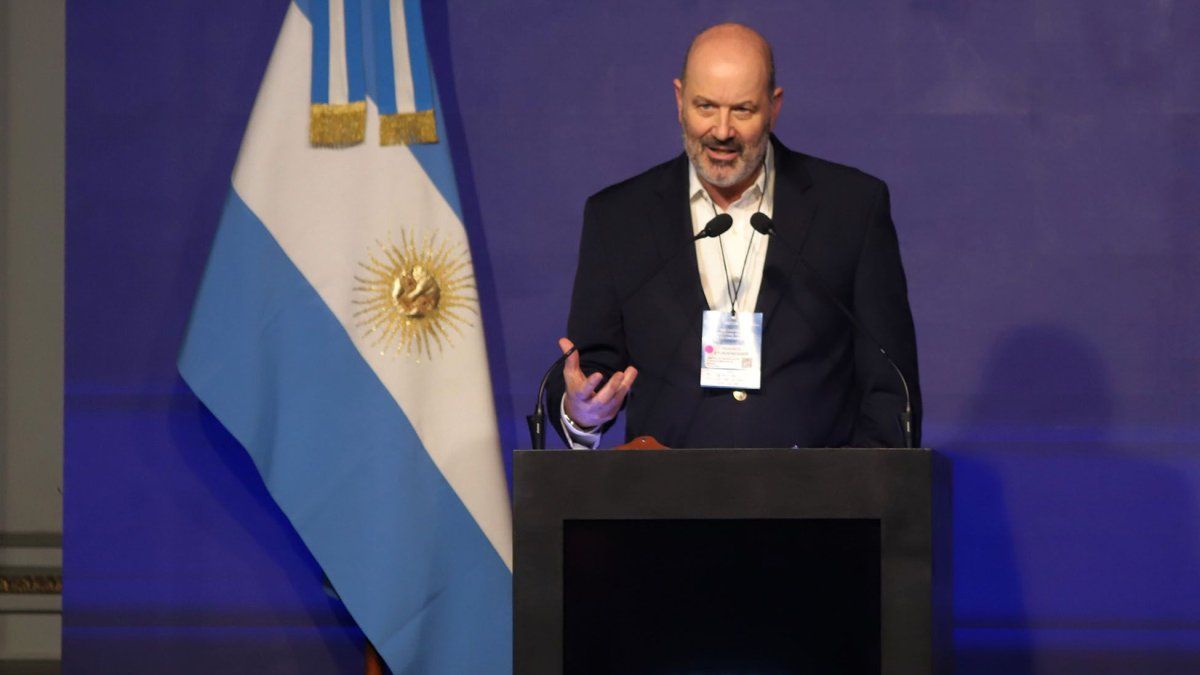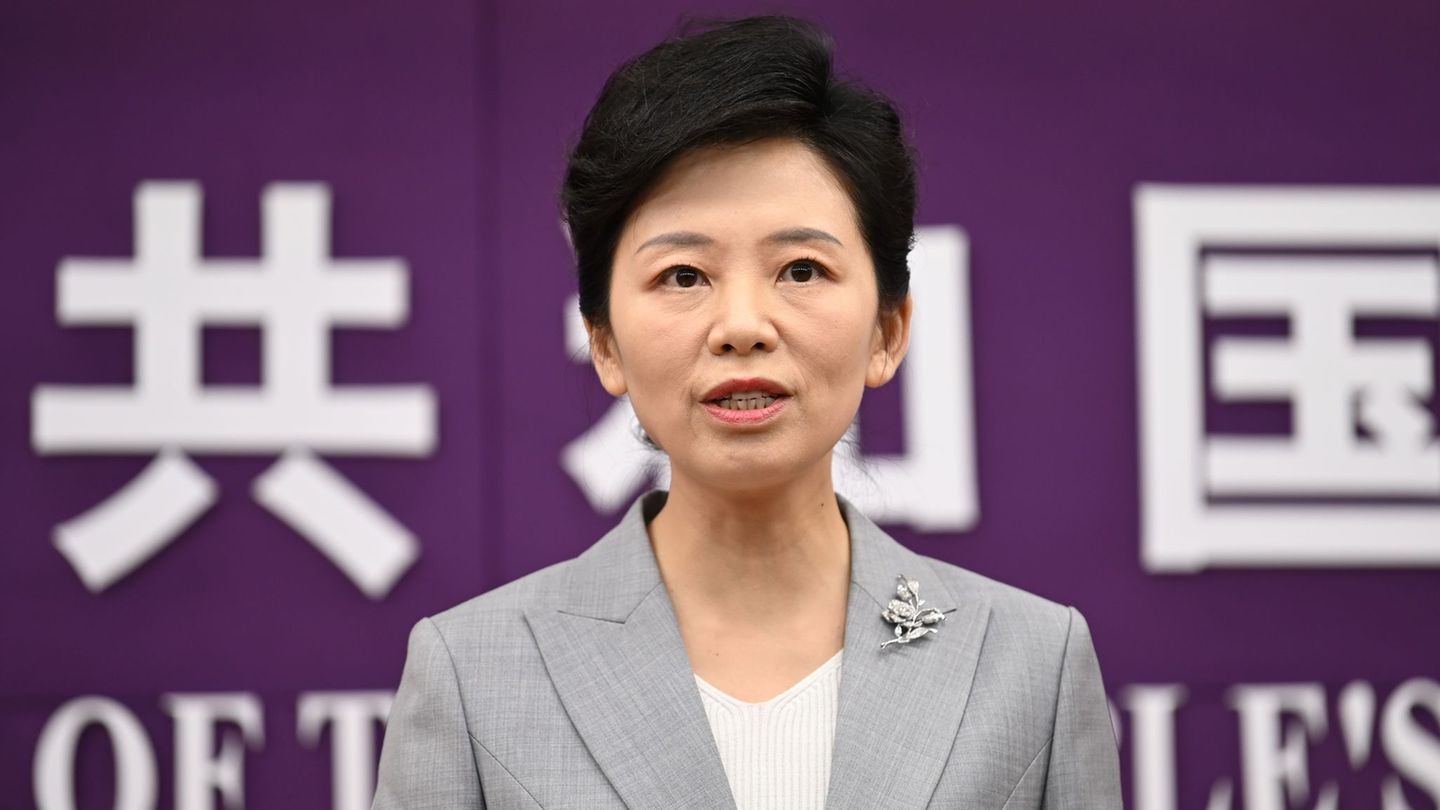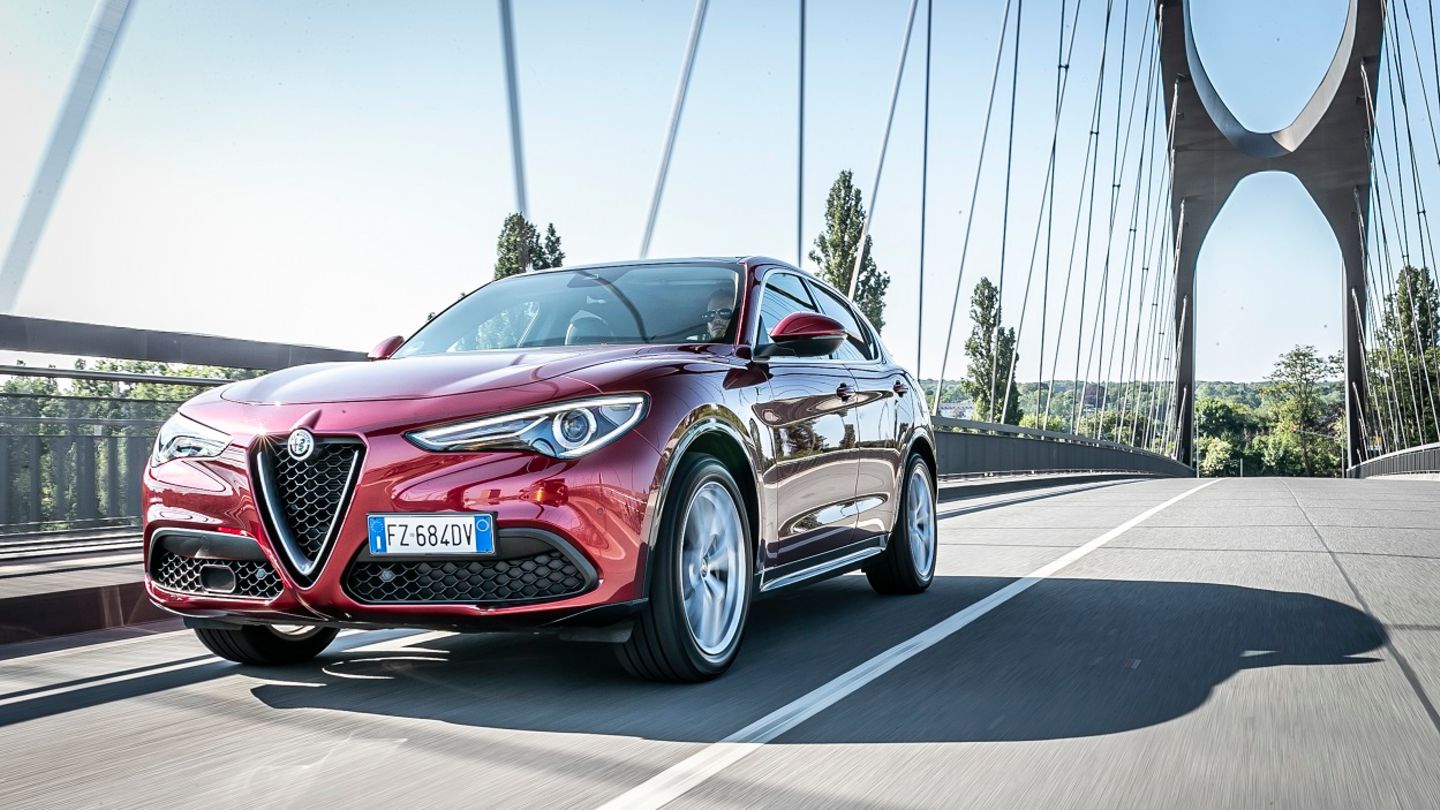The Minister of Deregulation and State Transformation spoke on a YouTube account of a renowned economist and announced which procedures will be eliminated.
The minister of Deregulation and Transformation of the State, Federico Sturzenegger, He again defended the SAD in the midst of the controversy, asserted that the State is “backward” and said that the roots of the “caste” go back to the military government of Juan Carlos Ongania. He also announced the procedures that will be eliminated.
The content you want to access is exclusive for subscribers.
The reasons behind the name of the ministry
“It is not a ministry of modernization because the State never modernizes, the State delays. I think there is no precedent for a Ministry of Deregulation, which is a ministry to eliminate laws and sanction new ones to get the foot off the back of Argentines and producers. The other part is, as the President says, the chainsaw, the transformation of the State to lower Argentine costs. When in Argentina we say that we have to lower the tax burden, the only genuine way to do it is by reducing the size of the State,” he explained in dialogue with Miguel Boggiano, on the YouTube show “Investing in Dollars.”


Useless procedures
“There is a layer of paperwork and costs that unnecessarily make all imports more expensive as the value criterion imposed by Customs. And as occurs in the mirror for exports, it reduces competitiveness and increases the Argentine cost to those who export and those who import. It occurs in other sectors, such as the homologation of some auto parts and not others in the name of road safety, which is actually hypocrisy. Another example is food. An example is that in Argentina there is an authorization for products that have already been authorized in their country of origin, such as Switzerland; and it must be revalidated in the Argentine Food Code. What is the objective of all this, what do we achieve?; again the justification is the supposed safety in this case of food, but it is all the corporate lobbying and the effect is that food is very expensive. But Argentina cannot afford expensive food, because it is a poor country.
“There is a business caste, There is a union caste and the great organizer of the caste model, the Peronist party. Within this Bermuda Triangle are all these regulations that suffocate the Argentines. Milei’s approach is Questioning the role of the State and the mandate it gives us is asking ourselves whether certain things have to be. For example, the penitentiary service, which is a parallel judicial service only for people who are in prison. What is the productivity of that group? Javier forces us to constantly and deeply question these regulations.”
“In Argentina today, theft is legalized. If I go to any country in the world and say that unions take 3% of the formal wage bill, they laugh. Or, for example, fishing is a public resource, there is no right to property and the law allows certain people to fish, basically almost for free. So the legal framework has institutionalized the caste model that extracts resources from the general population to give them to these caste actors.”
The impact of open skies agreements
“Ticket prices are currently at their lowest level in the last three years, due to competition. Before, there was a price band, meaning that planes were prohibited from charging less. And now there are airlines that offer flights to Montevideo for a thousand pesos.”
Macroeconomic achievements
“He Sustained fiscal adjustment was unthinkable a year ago. And when you stop the transfers to the provinces, because we know that provincial spending is totally exorbitant, you realize that public works had become a mechanism of political control. The national government was doing public works in the provinces and municipalities that were their responsibility. But Kirchnerism had set up a large politically motivated funding channeling structure “directed through public works. The only way to weaken this structure of blocking agents is through greater openness and greater competition.”
Sports corporations
“This is primarily intended to ensure that investments can come in to improve the quality of our sport. In Spain, with a few exceptions such as Real Madrid and Barcelona, it was made compulsory. Here it will be voluntary. But if, as they say, the club belongs to the members, and the members have the freedom to choose how they want to organize themselves, no federation can oppose that because if it does, it would be violating the law.”
The roots of the Argentine problem, according to Sturzenegger
“Onganía was the one who put together this whole corporate republic, “Although corporate ideas came from Peronism, there was a president for four years without Congress. He placed us in the Bermuda Triangle and for that reason Argentina grew half a point per capita per year, which is an absolute catastrophe and we went from being a richer country than Spain to a middle-income country with 50% of poor people.”
“SADAIC is a monopoly that collects royalties from the so-called collective management. In all parts of the world there are societies that monitor the topics that are broadcast in the media and are in charge of collecting the intellectual property rights of that music. The curious thing is that in Argentina it is a monopoly, but not with a maximum price, but with a minimum price. It is something that has to be addressed and we are working to defend artists and producers.” “Onganía did this because he wanted to control the information; this is part of that authoritarian system”
Source: Ambito




